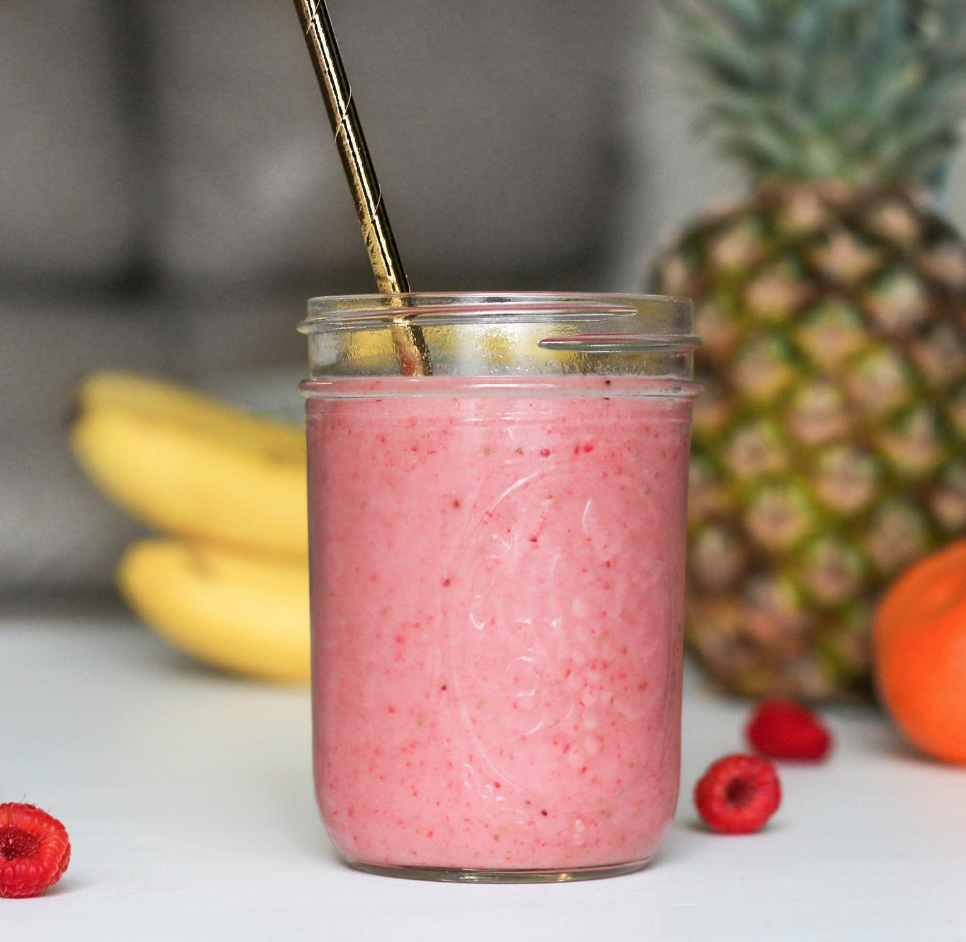How Does Our Diet & Sleep Routine Influence Our Concentration?
Sign Up For Our Newsletter For More Useful Tips!

It’s no secret that both sleep and diet influence our wellbeing, but the complex relationship between them and our concentration levels is frequently overlooked. A balanced diet and a good quality sleep are just as important for your brain as they are to the rest of your body. Nutrition can influence your concentration levels and certain foods can make it easier or harder to get the sleep that your body needs. At the same time, getting enough sleep is associated with maintaining our ability to perform and a healthier body weight.
Adequate daily energy intake, according to your body’s individual needs, plays an important role in memory and concentration. The right ratio of carbohydrates – fats – proteins, vitamins, minerals, and hydration, but also the right distribution of your meals during the day, plays a very important role in your mental clarity.
Are you wondering what nutrients might boost your concentration?
To be able to concentrate and focus, your brain needs enough energy. This energy comes from blood glucose. Glucose, the key ingredient in all carbohydrates, is our brain’s fuel. So, when we deprive our brain of its fuel, concentration levels are disrupted. Healthier sources of carbohydrates include wholegrains, vegetables, fruits, legumes and lower fat dairy foods. Not having enough glucose in your blood (hypoglycemia) can make you feel tired and moody. Although glucose ensures good concentration and focus, once your blood glucose is within the normal range, you cannot further boost your brain power or concentration by increasing your glucose levels.
Thus, we advice to choose low glycemic index carbohydrate distributed at regular meals and snacks to keep your blood glucose levels stable throughout the day. As a general guidance point: fresh vegetables, colorful fruits, whole grains, with some protein foods, including oily fish, legumes, nuts and seeds will support a good supply of nutrients for both physical and mental wellbeing.
“Think colorful, shop seasonal and try to include a variety of foods that will provide all the essential nutrients to support both body and mind!”
Why sleep routine is important?
Sleep is the opportunity for your body to rest from the fatigue of the day – Your brain perceives sleep as a short “holiday” to prepare. you for the upcoming day.
Sleep is a vital, often neglected component of our overall health. The quality of your sleep directly affects the quality of your waking life. It can have an impact on your mental wellbeing, concentration levels, productivity, creativity, mood, immunity, metabolism, food preferences and appetite controlling hormones that tell your brain when to consume food. Years of research have revealed a strong connection between sleep and weight management—giving you yet another reason to make good quality sleep a priority. Sleep deprivation can often trigger cravings for sugary and fatty foods for that ‘quick energy boost’. It’s important to be aware of this bidirectional relationship, given the potential impact on our concentration and energy levels as well.
“Allow your mind find peace, to get a good quality of sleep and rest properly and be better prepared for the next day.”
What Can You Do?
– Eat regular meals and snacks every 3-4h to keep your blood sugars stable throughout the day (will help you boost your concentration and energy levels but also decrease food cravings, mood swings, fatigue and headaches)
-Include a source of starchy carbohydrates – lean protein – healthy fat at every meal.
-Include a variety of fresh vegetables and fruits – aim for at least 5 A Day !
-Avoid foods high in refined carbohydrates and added sugars that will cause a rapid rise followed by a sharp fall in your blood sugar that will make you feel more tired.
– Don’t rely on caffeine or energy drinks as a short-term pick-me-up. They may boost your energy and concentration temporarily but can disrupt your sleep patterns even further in the long term.
– Magnesium rich food in your afternoon/evening snack (nuts, seeds, raw cacao, banana, soybeans, edamame, dark leafy greens) can help the assimilation of tryptophan, an amino acid precursor of serotonin and melatonin, the relaxing and sleeping hormones.
–Limit red meat and instead aim to eat more fish or white meat higher in tryptophan that will help the melatonin secretion (sleeping hormone).
–Avoid having a late heavy or/and spicy dinner as this can be difficult to digest and aim to allow at least 2 hours between meal and bedtime.
– Avoid alcohol which can disrupt your sleep and also have negative effects on your mood and concentration levels the next day
– Develop a bedtime routine, avoid light and screen exposure and keep the bedroom as dark as possible to stimulate melatonin secretion
-Guided meditation, aromatherapy, gentle movement and stretching might help you focus, relax and sleep better.
Take Home Message
To be able to concentrate and focus your brain needs enough energy through regular meals and snacks. Our metabolism, eating habits and energy levels are also influenced by our sleep. Most of us need around 8 hours of good-quality sleep a night to function properly the next day – sleep will boost both your mental and physical wellbeing.
Written by AGLAIA SABRINA CHORAFA & Our Dietitetic Team
References — The British Dietetic Association (BDA)
& More
Receive 10 free recipes to your inbox!
Sign up and we will send you 10 free recipes






